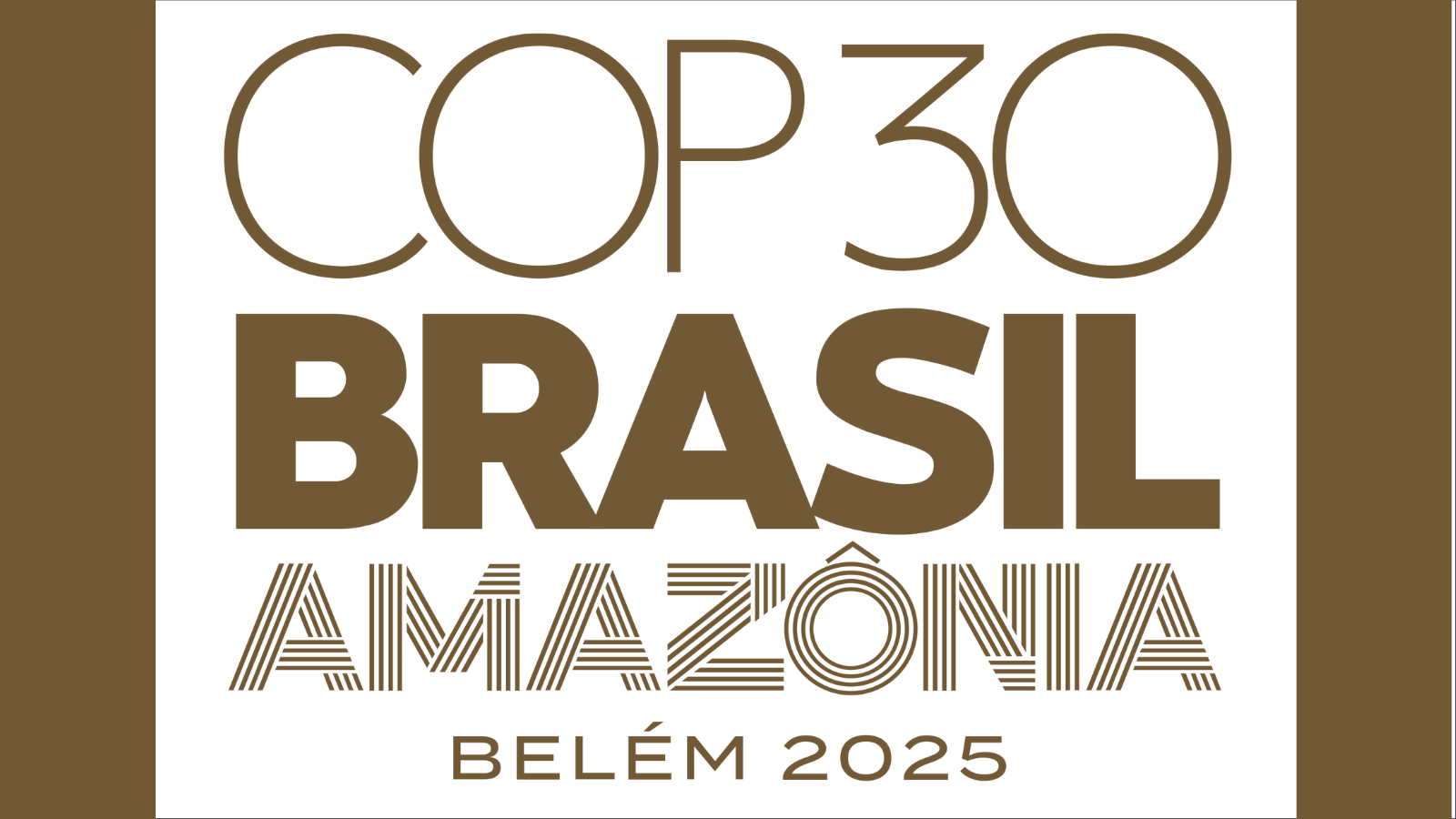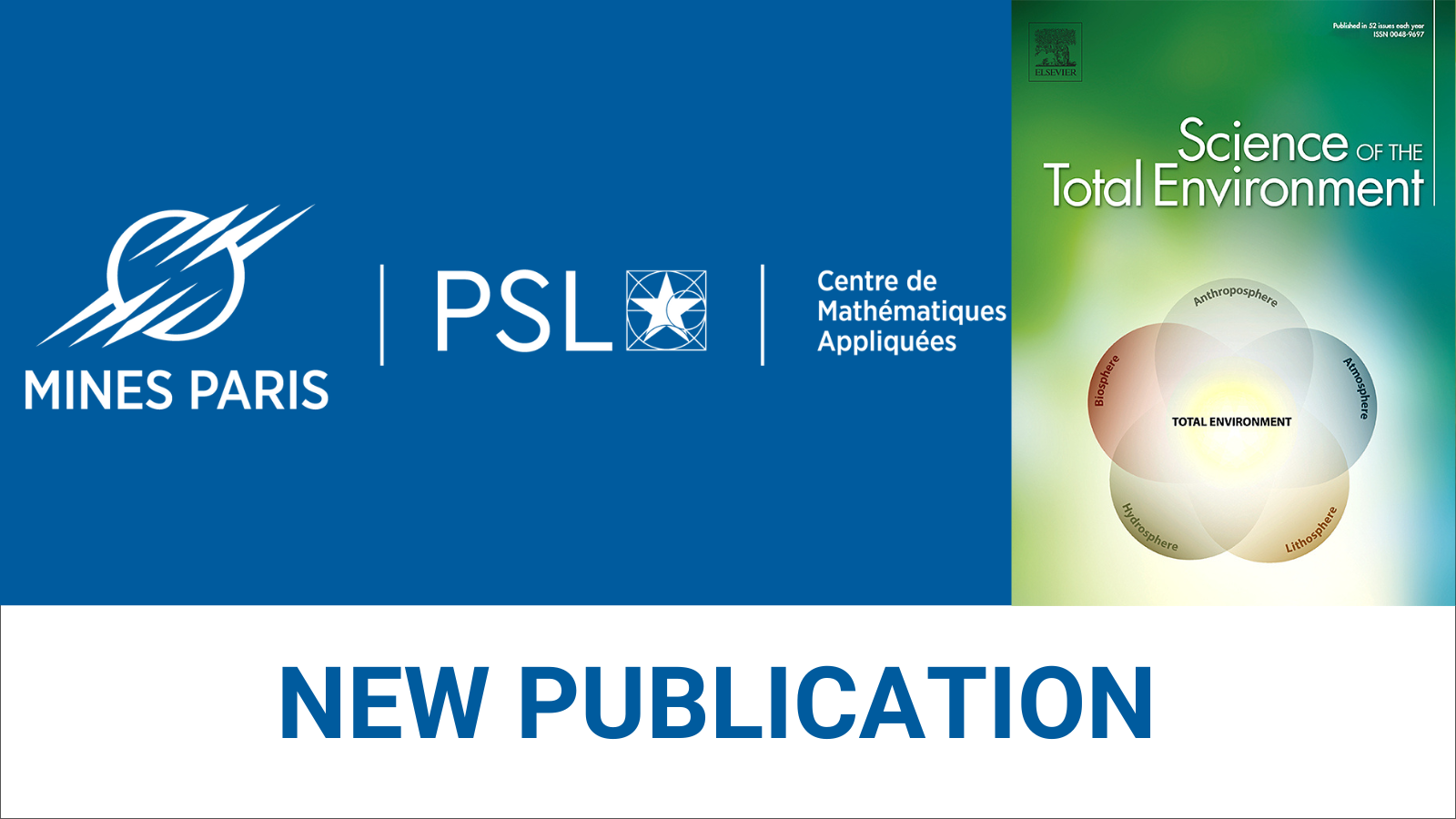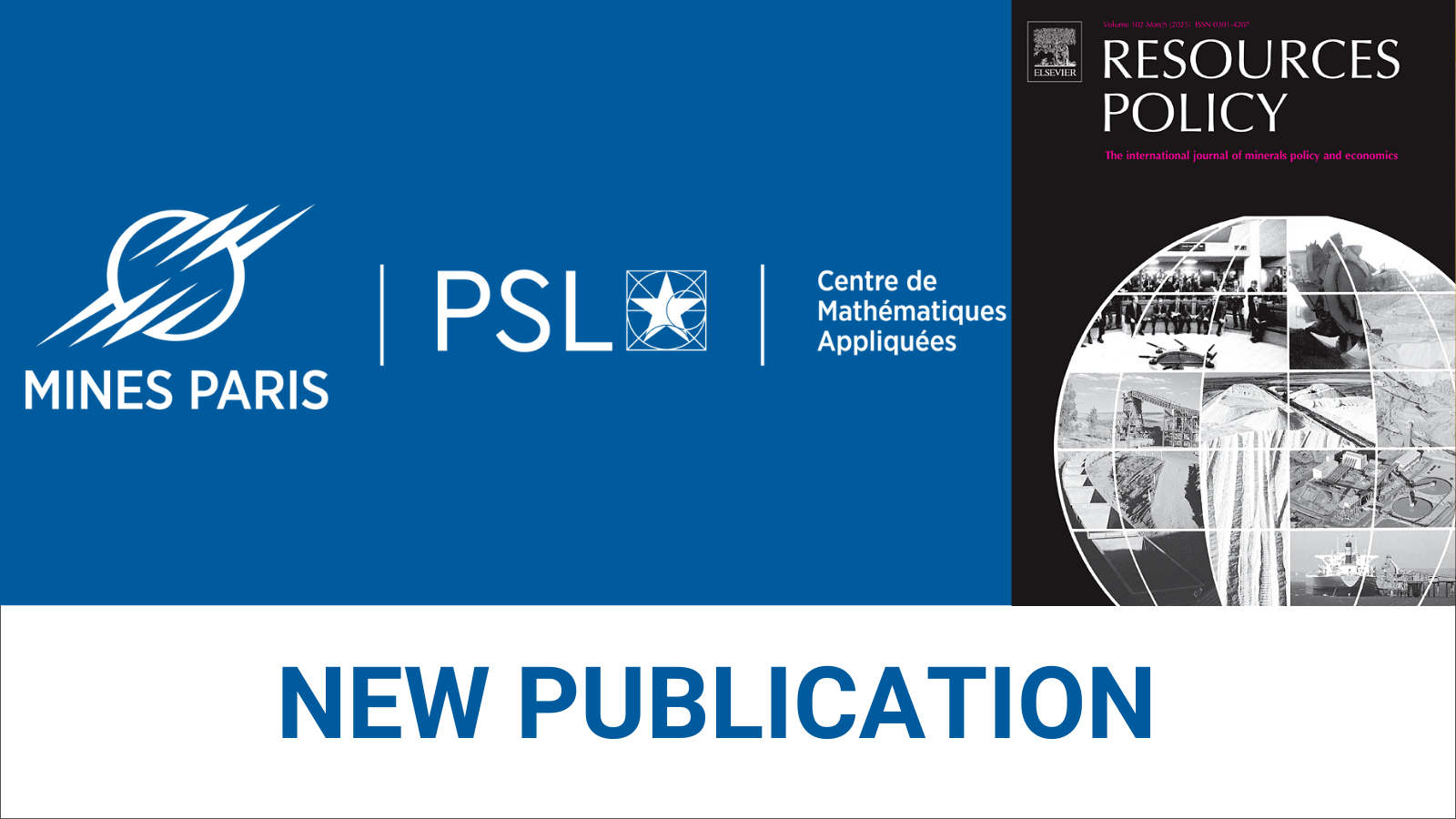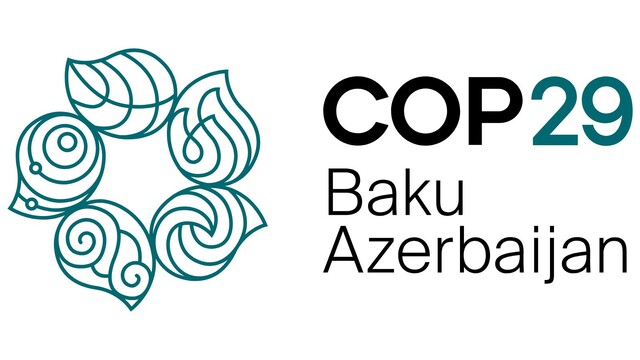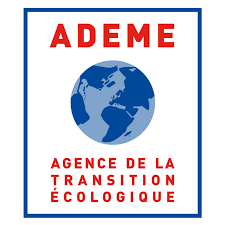Meeting the challenges of carbon neutrality and sustainable development requires government decision-makers and businesses a capacity for coherent long-term anticipation and an awareness of the complexity and interdependencies between technological innovation, economic impact, lifestyles and environmental objectives. The central proposal of the CMA’s prospective modelling research axis is therefore to develop optimisation models that allow energy choices to be formalised and studied in their systemic and intertemporal dimension. This research activity involves modelling energy systems on regional, national, continental and global scales, as well as creating and running the Chair Modelling for Sustainable Development.
Development of long-term optimisation models
Analysing the future trajectories of energy systems can be conceptually posed as a linear optimisation problem under technical, environmental or economic constraints. The CMA’s modelling work provides a means of describing and quantifying, with an engineering approach, the specific characteristics of different energy systems and the relevance of various technological choices in a long-term strategy. This axis of research focuses in particular on:
- The development of a modeling of the world energy system to grasp the challenges of the transition in their global dimension (elimination and reuse of carbon for the decarbonization of industry in the theses of Desport 2023, and Chlela ongoing on adaptation choices and sustainable development trade-offs) and to represent the interaction between regions of the world (theses of Kang 2017 on tensions around biomass resources, of Barnet ongoing on the opportunities of energy transition for hydrocarbon producing countries in the Middle East and North Africa and the new geopolitical order induced by the development of green hydrogen and of Codet ongoing on the new geopolitical order induced by the development of green hydrogen), Barnet on the opportunities for energy transition in the hydrocarbon-producing countries of the Middle East and North Africa and the new geopolitical order brought about by the development of green hydrogen, and Codet on the technological and political challenges facing the global materials and water markets);
- The development of a model of the European electricity system to describe more specifically the challenges of transition in an interconnected system characterised by the geographical diversity of renewable energy potential (Siggini thesis 2021);
- The development of different models adapted to the specific characteristics of the transition in developing countries (development of models for the African energy system and Latin America);
- The development of a model for France to shed light on France’s carbon neutrality strategy and the implications of structuring technological choices for the various forms of decarbonised energy;
- The development of adapted regional models dedicated to exploring technico-economic issues specific to territories, such as the role of circular economy in decarbonisation strategies (Andrade 2021’s thesis on the carbon neutrality objectives of France’s SUD PACA region), the conditions for integrating intermittent renewable energies and the importance of flexibility solutions (island energy systems of Procida (Italy), Hinnoya (Norway) and Evia (Greece) as part of the European GIFT project), land-use conflicts and the challenges of energy and food autonomy (energy system of the island of Réunion in the framework of the European project on energy autonomy), Hinnoya (Norway) and Evia (Greece) as part of the European GIFT project), land-use conflicts and the challenges of energy and food autonomy (the energy system on Reunion Island as part of a collaboration with the CEMOI laboratory at the University of Reunion) and the challenges of adaptation and development (the Mauritius model).
The Modelling for Sustainable Development Chair
 The Modelling for Sustainable Development Chair (Chaire MPDD) was created in 2008 by the Center for Applied Mathematics and the Centre International de Recherche sur l’Environnement et le Développement (CIRED), a joint unit of the CNRS, ENPC, AgroParisTech, CIRAD and EHESS. Supported by several industrial and institutional partners, including ADEME and the Ministry for Ecological Transition (through the DGEC), its aim is to consolidate an internationally recognised centre for prospective modelling in France, providing innovative tools for better management of sustainable development and energy transition issues, both in the business world and in the various arenas of public deliberation. Over the past 15 years, the Chaire MPDD has helped to strengthen France’s capacity for prospective analysis by facilitating interdisciplinary dialogue between the engineering sciences, economics and the social sciences. In particular, the Chaire MPDD supports research activity through theses, internships and workshops focusing on the key controversies concerning the physical, technical and economic constraints of this transition and the way in which public policies can integrate them, so as to maximise the economic and social benefits of this transition.
The Modelling for Sustainable Development Chair (Chaire MPDD) was created in 2008 by the Center for Applied Mathematics and the Centre International de Recherche sur l’Environnement et le Développement (CIRED), a joint unit of the CNRS, ENPC, AgroParisTech, CIRAD and EHESS. Supported by several industrial and institutional partners, including ADEME and the Ministry for Ecological Transition (through the DGEC), its aim is to consolidate an internationally recognised centre for prospective modelling in France, providing innovative tools for better management of sustainable development and energy transition issues, both in the business world and in the various arenas of public deliberation. Over the past 15 years, the Chaire MPDD has helped to strengthen France’s capacity for prospective analysis by facilitating interdisciplinary dialogue between the engineering sciences, economics and the social sciences. In particular, the Chaire MPDD supports research activity through theses, internships and workshops focusing on the key controversies concerning the physical, technical and economic constraints of this transition and the way in which public policies can integrate them, so as to maximise the economic and social benefits of this transition.





